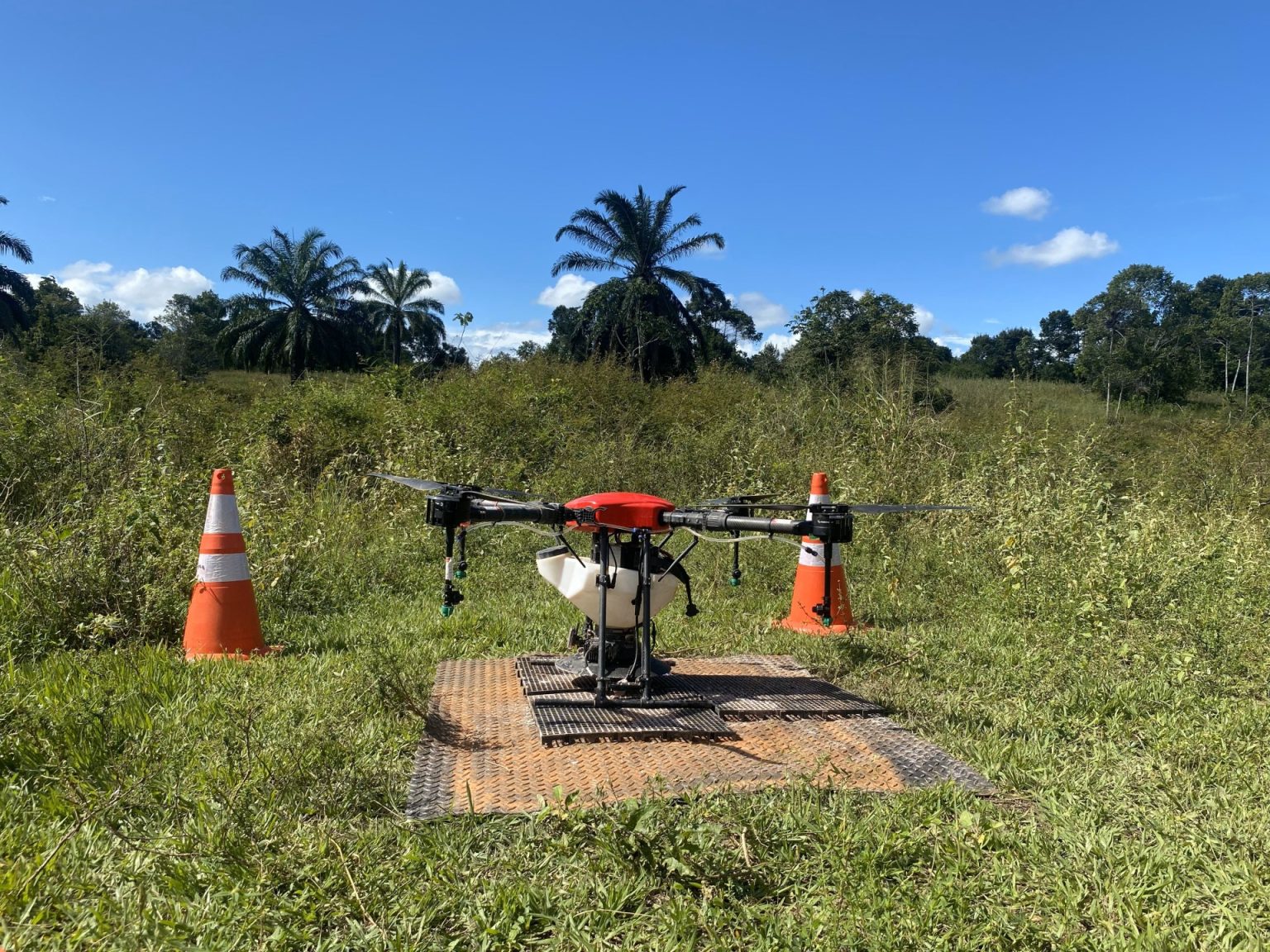The use of drones for forest restoration is gaining traction in countries facing significant deforestation challenges, such as Brazil, Afghanistan, and Colombia. In Brazil alone, the Amazon has lost an area larger than Spain to deforestation between 2000 and 2018, prompting initiatives like Morfo to tackle the issue head-on. Morfo aims to restore one million hectares of degraded land in Brazil by 2030 through the use of seed-sowing drones and a meticulous preparation and monitoring process.
Forest restoration is crucial in the fight against climate change and the preservation of valuable ecosystem services like carbon storage, water resources, and biodiversity. The United Nations has called for the restoration of one billion hectares of degraded land by 2030 to prevent ecosystem collapse. Traditional reforestation methods are effective but labor-intensive, making drones a valuable tool in reaching inaccessible or hazardous areas. Morfo’s drones can sow up to 50 hectares per day with specially designed seeding plans based on environmental conditions.
One of the main challenges in forest restoration is the availability of seeds, as well as the low survival rate of planted seeds. Morfo has developed a biodegradable seedpod for fragile seeds with an 80% survival rate in the lab, focusing on regrowing native species in regions like southern Bahia. By ensuring these trees can withstand climate change without human intervention, Morfo aims to restore a functional ecosystem. Engaging local communities in seed collection not only values their skills but also creates green jobs and fosters a lasting relationship with the forest.
Several companies worldwide are using drones for forest restoration, with Morfo partnering with NGOs and authorities to expand its impact. The effectiveness of drone reseeding is still being studied, with limited long-term data available on its results. However, early signs from Morfo’s project in Bahia show promising growth and survival rates of seedlings, even during heatwaves and dry spells. Continued research and data collection are crucial for scaling up drone reseeding efforts and ensuring successful tree transformation.
In conclusion, drone technology offers a unique opportunity to streamline and accelerate forest restoration efforts in the face of escalating deforestation rates worldwide. By combining innovative seed-sowing methods with rigorous preparation, monitoring, and collaboration with local communities, companies like Morfo are making significant strides towards achieving ambitious restoration goals. With further research and data collection, the potential of drones in reforestation can be fully realized to combat climate change and preserve vital ecosystems for future generations.


